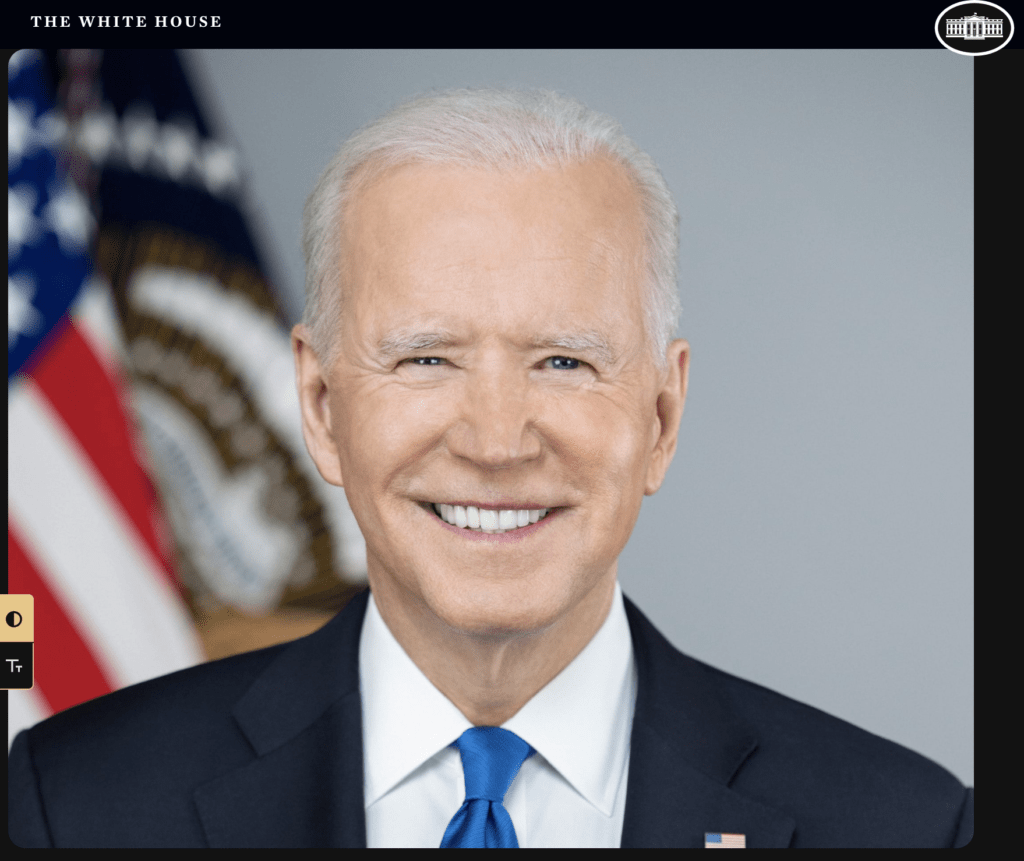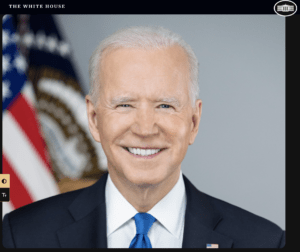When entrepreneurs, technology startup ventures, inventors, and other innovators embark on product development, research and development, and otherwise allocate resources to create a new product or service, intellectual property rights protection, codified in the United States Code under Titles 15, The Trademark Act, Title 17, The Copyright Act, Title 35, The Patent Act, becomes an important priority. With the Coronavirus vaccine well underway in testing and distribution, on May 5, 2021, United States Trade Representative Katherine Tai released a statement announcing the Biden-Harris Administration’s support for waiving intellectual property protections for COVID-19 vaccines.

The question is therefore raised as to whether waiver of intellectual property protections for COVID-19 vaccines can have a chilling effect on innovation and distribution of the vaccine, or, as Ambassador Tai’s statement states, it “get as many safe and effective vaccines to as many people as fast as possible.” A Tweet from @AmbassadorTai followed “These extraordinary times and circumstances of call for extraordinary measures. The US supports the waiver of IP protections on COVID-19 vaccines to help end the pandemic and we’ll actively participate in @WTO negotiations to make that happen.
Intellectual property laws are in place to incentivize innovation. In the United States Constitution Article 1, Section 8 States:
The Congress shall have Power To lay and collect Taxes, Duties, Imposts and Excises, to pay the Debts and provide for the common Defence and general Welfare of the United States; but all Duties, Imposts and Excises shall be uniform throughout the United States;
To promote the Progress of Science and useful Arts, by securing for limited Times to Authors and Inventors the exclusive Right to their respective Writings and Discoveries;
History of U.S. Intellectual Property Rights
This clause is the foundation upon which the national patent and copyright laws rest, although it uses neither of those terms. As to patents, modern legislation harks back to the Statute of Monopolies of 1624, whereby Parliament endowed inventors with the sole right to their inventions for fourteen years. Copyright law, in turn, traces back to the Statute of Anne of 1710, which secured to authors of books sole publication rights for designated periods.
These English statutes curtailed the royal prerogative to bestow monopolies to Crown favorites over works and products they did not create and many of which had long been enjoyed by the public. Informed by these precedents and colonial practice, the Framers restricted the power to confer monopolies over the use of intellectual property through the Copyright and Patent Clause. For example, the exclusive Right conferred to the writings of authors and the discoveries of inventors must be time limited.
Another fundamental limitation inheres in the phrase [t]o promote the Progress of Science and useful Arts: To merit copyright protection, a work must exhibit originality, embody some creative expression; to merit patent protection, an invention must be an innovative advancement, push back the frontiers. Also deriving from the phrase promotion of science and the arts is the issue of whether Congress may only provide for grants of protection that broaden the availability of new materials.As such, it is clear the purpose and intent of the intellectual property laws in the United States are to incentivize innovative advancement.
For more information see:
- ArtI.S8.C8.1 Copyrights and Patents
- ArtI.S8.C8.1.1 Origins and Scope of the Power
- ArtI.S8.C8.1.2 Patentable Discoveries
- ArtI.S8.C8.1.3 Nature and Scope of the Right Secured for Copyright
- ArtI.S8.C8.1.4 Power of Congress Over Patents and Copyrights
- ArtI.S8.C8.1.5 Copyright and the First Amendment
- ArtI.S8.C8.1.6 State Power Affecting Patents and Copyrights
- ArtI.S8.C8.1.7 Trade-Marks and Advertisements
Critics of the Biden Administration’s support for waiver of Intellectual Property laws in connection with the COVID-19 vaccine say it will strip the financial rewards from cutting-edge innovation in this field. Supporters of the move, such as Adhanom Ghebreyesus, praised the U.S. decision as a “monumental moment in the fight against Covid-19 that shows moral leadership by the White House in the fight to end the global pandemic.
When entrepreneurs, technology startups, drug developers, and other creators, inventors and risk takers allocate resources to create something new, they rely on intellectual property laws to protect their innovations, and serve as a legal channel to monetize their creations under the law. Notwithstanding innovations that are critical to ending a global pandemic like COVID-19, inventors, tech startups and small businesses can have assurance in the full force and effect of the United States intellectual property laws and are well advise to consult with an expert intellectual property attorney to protect exclusive rights to their creations of the mind.



